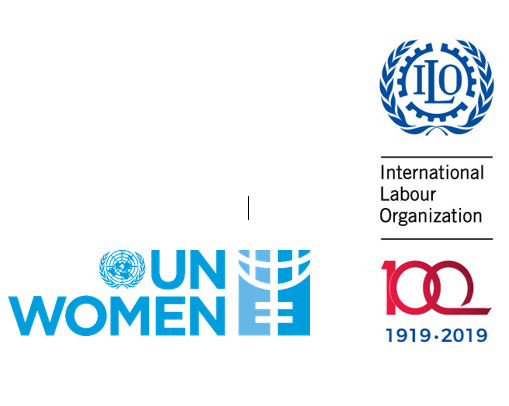Social dialogue consists of “all types of negotiation, consultation or simply exchange of information between representatives of governments, employers and workers on issues of common interest” (ILO, 2011a, p.5). Social dialogue is based on the right of freedom of association and collective bargaining, which are fundamental labour rights and human rights embedded in international law (ILO, 1948, No 87; ILO, 1949, No. 98 and UN, 1966). Without the right to be represented and to bargain collectively, workers have less ability to influence their working lives.
Bipartite social dialogue – between employers and workers - includes negotiations for collective agreements and workplace policies, which can reinforce legislative requirements and procedures on violence and harassment.
Social dialogue is important for achieving gender equality (ILO, 2018d; Briskin and Muller, 2011 and ILO, 2017e), and an effective tool for the development and implementation of policies, procedures and awareness-raising at company, sectoral, national and international levels for preventing violence and harassment against women.[1] However, it is important to note that social dialogue, freedom of association and collective bargaining are largely absent from the informal economy, where a large number of women work. Ensuring that the rights of workers in the informal economy are protected is an important challenge that requires specific strategies and approaches to organizing and representing women workers.
[1]The ILO Meeting of Experts on Violence and Harassment against Women and Men in the World of Work noted that “The Freedom of Association and Protection of the Right to Organise Convention, 1948 (No. 87) and the Right to Organise and Collective Bargaining Convention, 1949 (No. 98) are key to enabling workers and employers to build violence- and harassment-free workplaces” ILO (2016) Report of the Director-General: Fifth Supplementary Report: Outcome of the Meeting of Experts on Violence against Women and Men in the World of Work, GB.328/INS/17/5. Appendix I. Geneva, ILO, para. 32.Pillinger, J., Schmidt, V., and Wintour W (2016) “Negotiating for Gender Equality.” International Labour Office, INWORK. Geneva: ILO. Issue Brief: 4. Geneva, ILO.
